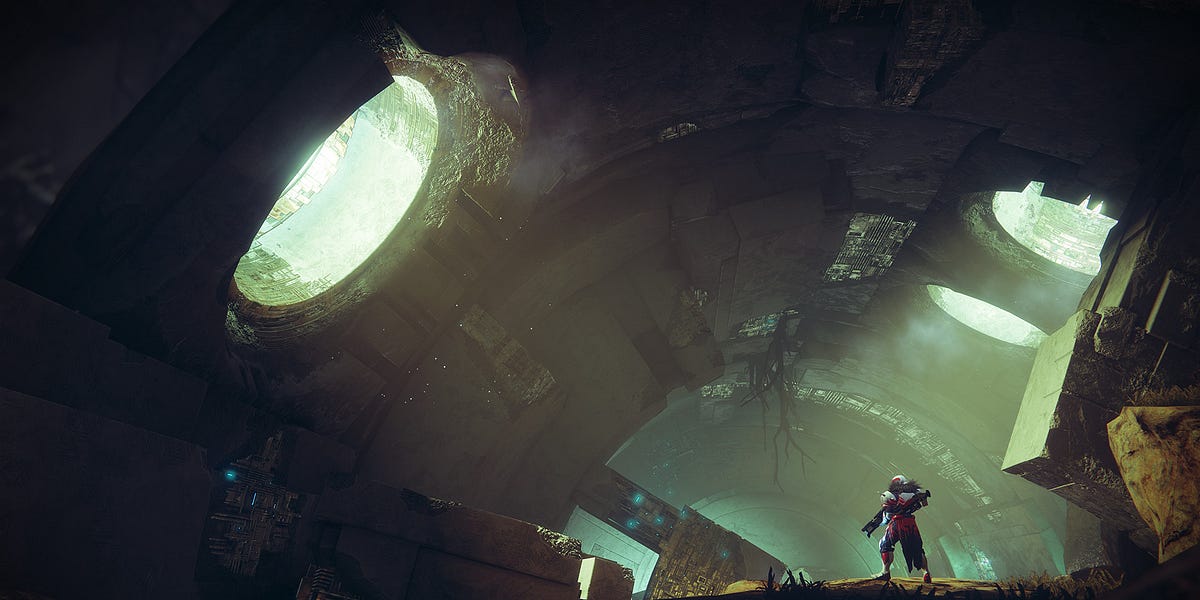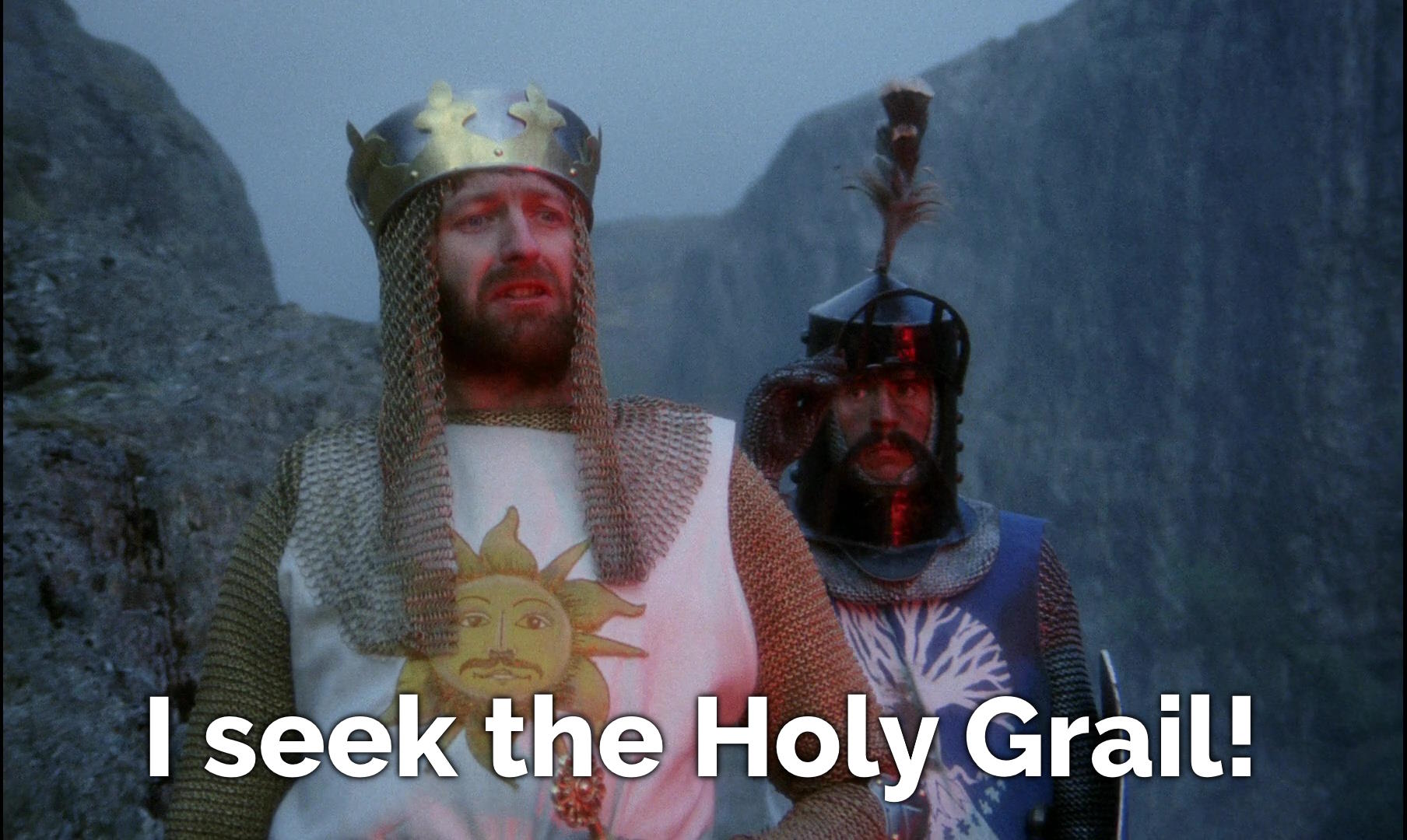The gloves are off in a high-stakes lawsuit involving Sony, Bungie and the veteran Bungie developer Christopher Barrett, who in December sued the gaming giant over what he alleges was a “sham” investigation that led to his firing over alleged misconduct.
In Sony’s first substantive response in the lawsuit, the company is denying Barrett’s claims and leaving zero doubt that it believes the termination last year of Barrett’s 25-year run at Bungie was justified.
To emphasize its position, Sony’s initial answer to Barrett's suit also includes nine text communications between Barrett and female Bungie employees that it claims “reveal his pattern of misconduct.”
In December, Barrett, a long-time senior designer on Destiny and former head of Bungie’s upcoming Marathon project, sued Bungie and its owner Sony for defamation and breach of contract, among other claims, Barrett slammed Bungie’s investigation, denied that he’d committed a fireable offense and accused Sony of letting him go in order to deny him more than $45 million that Barrett was to be paid as a result of Sony’s 2022 purchase of Bungie.
Sony’s new 128-page filing, technically an “answer” to Barrett’s lawsuit, is largely a line-by-line response to the December claim. It was entered into the docket at the Delaware State Court of Chancery last week and has been reviewed by Game File.
The new filing begins with what is essentially a preview of Sony’s pending motion to dismiss six of the seven counts in Barrett’s lawsuit.
The document states that, in Sony’s view, Barrett was terminated last March following HR complaints and an investigation that allegedly revealed a pattern of behavior in which Barrett supposedly…
“targeted a lower-level, female employee he wasn’t working with directly, initially engaged in friendly conversation, and progressively pushed boundaries with the employee by making subtle references to her physical appearance or expressing his interest in her romantically. Barrett attempted to create an unprofessional level of intimacy with his victims.”
To support this, Sony’s filing includes excerpts of nine written communications—texts, DMs, etc—including the following:
Barrett similarly told VICTIM 3, “I hope [your boyfriend] doesn’t mind I text you a lot” and “I just worry. Like I really enjoy texting you and talking. I don’t want him to get the right idea.” Later in the conversation, when VICTIM 3 told Barrett she was busy, Barrett stated, “I want your attention, so annoying.”
And..
Just three weeks into VICTIM 5’s tenure at Bungie, Barrett called her late in the evening, while drunk, and told her intimate details about his personal life and asked her about who she was dating and what her “type” was. He sent her a personal Instagram follow request to connect that night, which she did not accept.
Barrett’s side is calling foul on the filing, saying the texts are incomplete and don’t amount to a fireable offense.
In a statement to Game File, Barrett’s lawyers blasted Sony’s account. In full:
“Sony continues to disingenuously cherry pick text messages and alleged conversations and make unsupported and conclusory statements to defame Christopher and justify terminating him to avoid paying him what he was owed under his employment agreements. It is telling that Sony does not include the full text messages as exhibits, or the full content of these conversations, and nothing in Sony’s response provides a legitimate legal or factual basis to terminate Christopher for cause.
“Christopher is confident that when all the evidence is presented, it will be clear that Sony engaged in a scheme to strip him of his role and the equity awards he earned for his 25 years of loyal service to the company.”
Lawsuits are, of course, different sides of a story, one that may or may not be fully adjudicated in court.
The Barrett story intertwines two major elements of recent game industry history: 1) allegations of workplace misconduct and toxicity that have led to reckonings at companies such as Ubisoft, Riot and Bungie; and 2) a flurry of mergers and acquisitions due to a Covid-lockdown-fueled gaming boom that resulted in some early winners and, as the industry now struggles, a growing number of losers.
Barrett’s argument, per his December lawsuit, is that Sony fired him to spare themselves from paying out what Game File calculates was around $84 million in bonuses he was promised when Sony—charged up by a deal spree that saw Microsoft grabbing Activision and Take Two buying Zynga—purchased Bungie for $3.7 billion.
Both Barrett’s initial filing and Sony’s first response are aggressive. His claim and their answer include the kind of details—or hints of future details—that can be read as pressure for the other side to settle and get the whole affair out of public view.
In his December lawsuit, for example, Barrett wove the story of his time at Bungie and his work on the company’s games with indications that he’d witnessed misconduct elsewhere in the studio.
In that filing, for example, his lawyers state that “behavior that was known at Bungie included:
“A very senior Bungie executive texted Barrett and others sexually suggestive material, including lewd photographs, texts about his sex life (including graphic descriptions of particular sex acts), and texts concerning the appearance of women working for Bungie;
And
Bungie maintained an email channel that shared lewd and semi-pornographic content to the entire studio. Those images were occasionally shared on a projector at studio events;
Sony, which had not commented on the Barrett suit in December, addressed those claims vaguely in its new filing. Lawyers for Sony and Bungie state: “Defendants lack knowledge or information sufficient to form a belief as to the truth of the allegations.”
As for the overall claims against him, Barrett’s position is that Sony could not have legitimately fired him for “cause”—and thus withhold his eight-figure Bungie purchase payouts—unless he’d committed specific prohibited acts, such as “engage in any financial improprieties” or “have or solicit any improper sexual relationships with his colleagues.”
In its response, Sony states “Defendants vehemently deny the allegation that Barrett ‘did not engage in any conduct that could be the basis for a finding of “Cause.”’”
The lawsuit is he said / they said, with both sides digging in. TBD on how far this one goes.
Correction - 7:40pm ET: Clarified that Sony’s pending motion to dismiss is for six of the lawsuit’s seven claims, not all seven.









